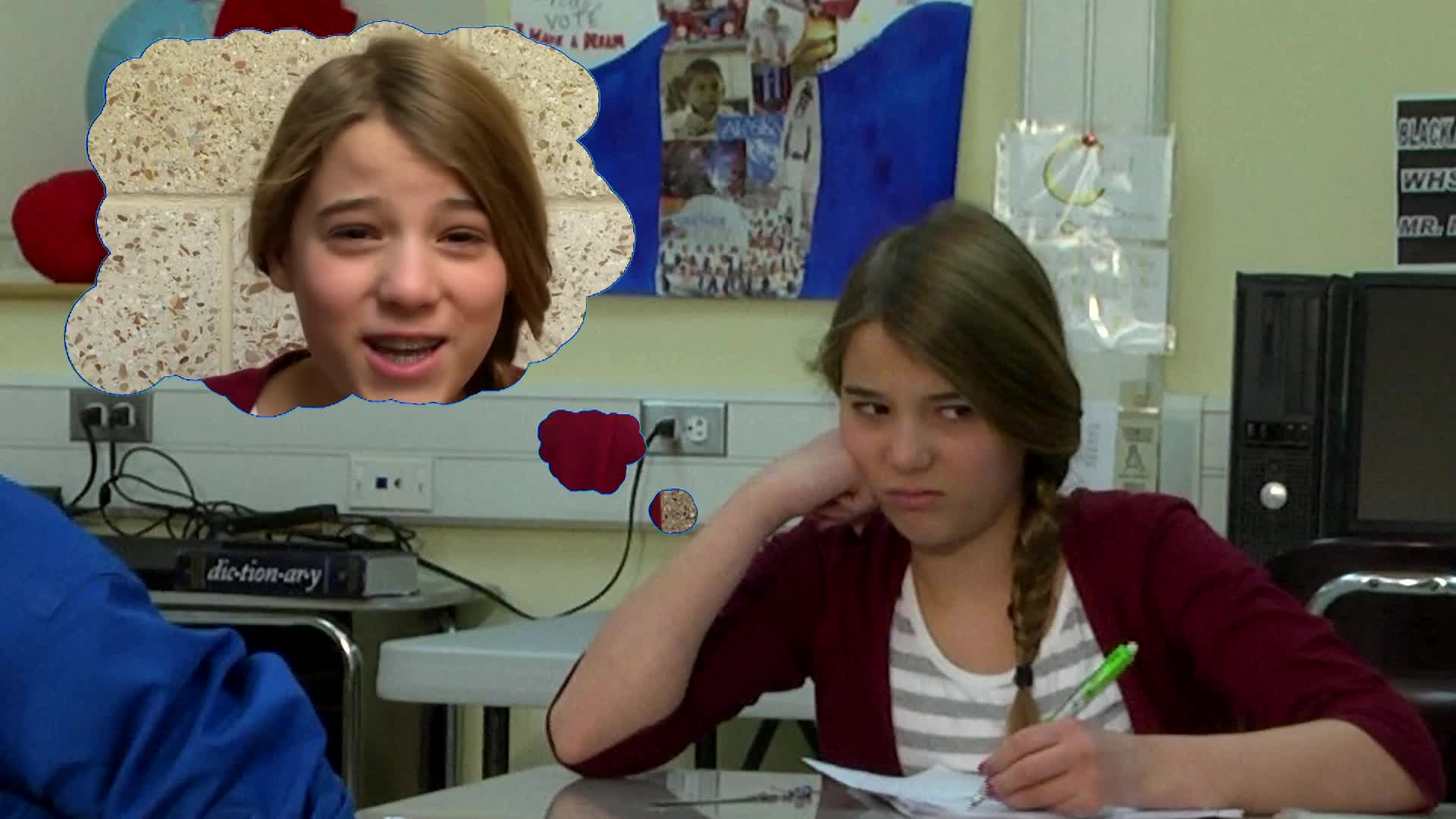Introduction
As educators, we have a responsibility to help our students develop positive social skills. A common challenge students face is learning to focus on their own actions and responsibilities, rather than worrying about the behavior of others. This can be especially important for students in Special Education, who may require additional support in understanding and applying this concept. In this blog post, we will discuss an easy, no-prep activity to help students grasp this concept, followed by discussion questions and related skills to further enhance their learning.
No-Prep Activity
This simple activity requires no preparation or materials from the educator and can be done in any setting. It is designed to help students understand the importance of focusing on their own actions and responsibilities, rather than those of others.
- Ask students to sit in a circle and choose a volunteer to start.
- The volunteer will share a situation where they were worried about someone else’s behavior, and how it affected them and others around them.
- Encourage the student to think about how the situation could have been different if they had focused on their own actions instead.
- Continue around the circle, allowing each student to share a similar experience and reflect on the potential outcomes if they had focused on themselves.
This activity promotes self-reflection and encourages students to consider the benefits of focusing on their own actions, rather than the behavior of others.
Discussion Questions
After completing the no-prep activity, use the following questions to stimulate further discussion among students:
- Why is it important to focus on our own actions and responsibilities, rather than those of others?
- How can worrying about others’ behavior affect our own emotions and well-being?
- What strategies can we use to remind ourselves to focus on our own actions and responsibilities?
- How can focusing on ourselves help us build better relationships with our peers?
- What are some situations where it might be challenging to focus on ourselves instead of others? How can we overcome these challenges?
Related Skills
Helping students focus on themselves rather than others’ behavior is just one aspect of social-emotional learning. Here are some other related skills that educators can incorporate into their lessons:
- Self-awareness: Encourage students to recognize and understand their own emotions, strengths, and weaknesses.
- Self-management: Teach students strategies for managing their emotions and behaviors effectively.
- Responsible decision-making: Help students understand the consequences of their actions and make responsible choices.
- Empathy: Encourage students to consider the feelings and perspectives of others before reacting to their behavior.
- Communication: Teach students effective communication skills to express their thoughts and feelings in a respectful and appropriate manner.
Next Steps
By teaching students to focus on their own actions and responsibilities, rather than the behavior of others, we can help them develop essential social-emotional skills that will benefit them throughout their lives. If you’re interested in exploring more activities and resources to support your students’ social-emotional learning, sign up for free sample materials from Everyday Speech. You’ll gain access to a variety of engaging lessons and activities designed to help students in Special Education develop the skills they need to succeed.






